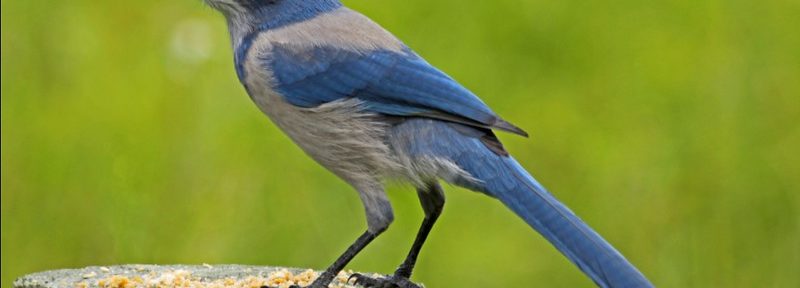by Dell deChant
Special Report to Ecology Florida News
How are the songbirds doing in your community? Although not widely reported, birds are dying at an alarming rate along the eastern seaboard. The cause of the plague is not known. Ecology Florida News is asking readers to report on the status of birds in and around their homes. Our research team has done a preliminary search of Florida publications and found little coverage. One brief story did air on WUSF radio. The story by Jacob Wentz, reported: “A mysterious illness is killing songbirds in the Southeast and Midwest regions of the United States. Florida wildlife officials have not received any related reports.”
Hopefully, the lack of reports means Florida birds are not being affected. But who knows? The story is not being covered. So, we’ll do our small part to get better coverage in Florida. First, if you can find stories in local news sources, please send them to us, and we’ll do a follow up story. More importantly, if you have observed bird deaths in and around your home, let us know. Please also notify Florida Fish & Wildlife Conservation Commission at their website: https://legacy.myfwc.com/bird/
For more detailed analysis on the plague, its specific symptoms, and what you can do, see sources listed at the end of this story. A key recommendation found in most of the articles is to remove bird feeders if distressed birds are observed.
Reports from further north, indicate that species most affected are European starlings, common grackles, blue jays, and American robins. The plague also strikes northern cardinals, house finches, house sparrows, Eastern bluebirds, red-bellied woodpeckers, Carolina chickadees, and Carolina wrens. That’s a lot of birds, with most found throughout Florida.
Here is an excerpt with helpful details from a good article on the topic by Christina Larson, Science Writer for the Associated Press:
The main visible symptoms are swollen eyes or crusty discharge around the eyes, as well as off-balance movements that may indicate neurological damage. Wildlife managers and veterinarians first received reports in late April and May of sick birds in Maryland, Virginia, West Virginia, Kentucky and Washington, D.C. More recent reports have come from Pennsylvania, Delaware, New Jersey, Ohio, and Indiana.
Apparently, none from Florida – so far. In this regard, however, we have received a report from a regenerative garden supported by Ecology Florida, that the bird population in and around the site has dramatically declined in the past month. No mortalities are reported, but the birds themselves are no longer present. Absent from this location are long-standing residents (and friends): cardinals, blue jays, woodpeckers, and sparrows. The gardeners tell us they are still watching for the return of their friends.
References and Additional Sources
https://wusfnews.wusf.usf.edu/environment/2021-07-14/florida-officials-watching-for-illness-killing-songbirds-in-other-parts-of-u-s
https://www.wjla.com/news/local/bird-death-mystery-smithsonian-scientists-think-healthy-birds-could-provide-crucial-clues
https://wjla.com/news/local/explainer-whats-killing-and-sickening-songbirds-in-md-va-dc
https://www.audubon.org/news/scientists-still-searching-pathogen-behind-easts-songbird-epidemic


Leave a Reply